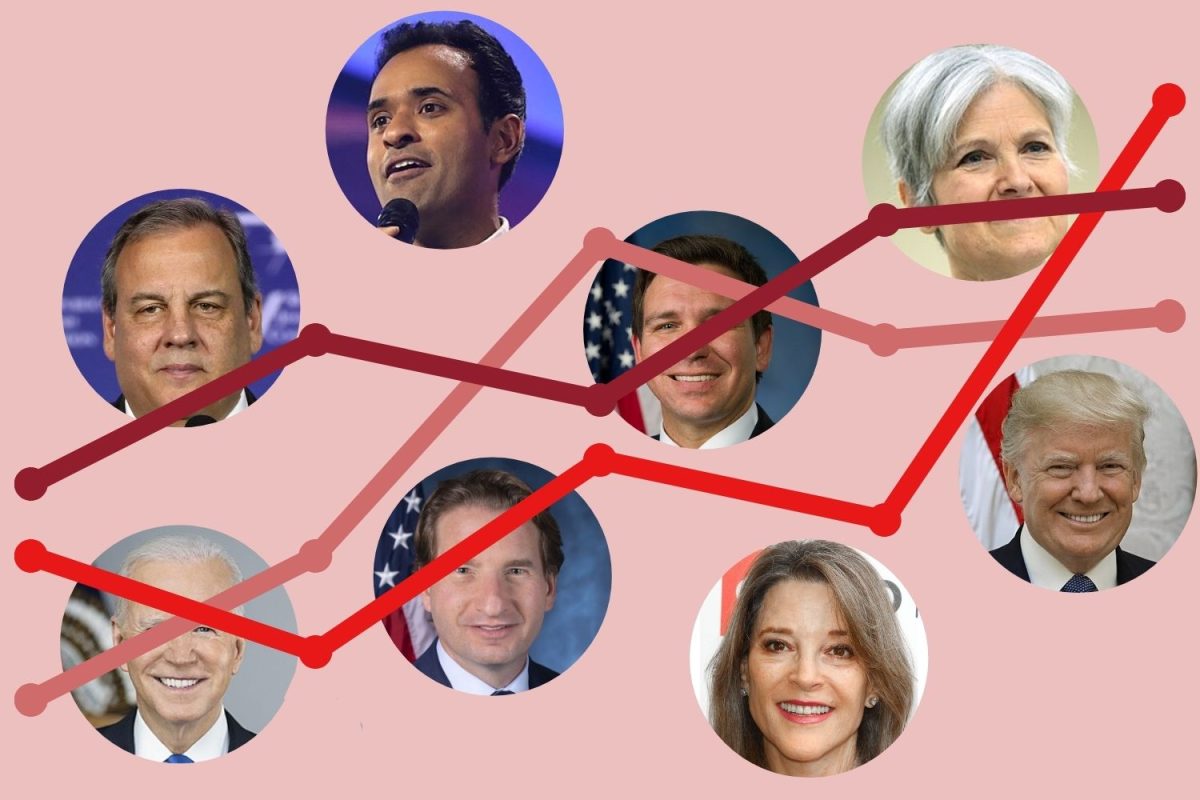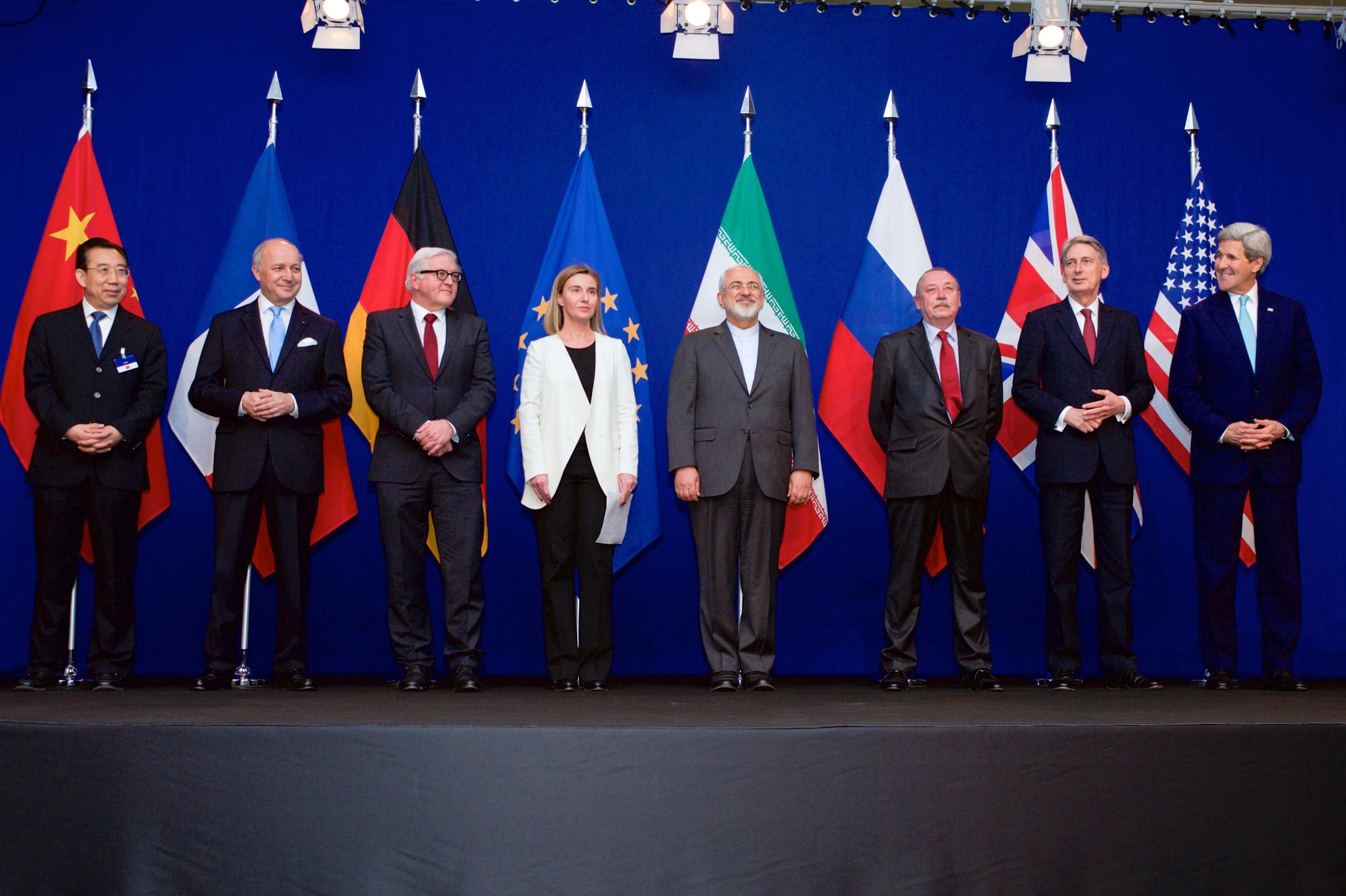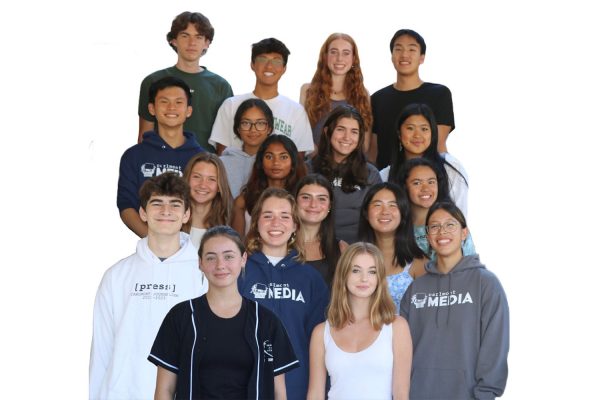In the upcoming presidential election, Americans find themselves navigating a political landscape that seems eerily homogeneous. The lack of diverse options for voters raises questions about the authenticity of representation in a country built on cultural and ideological diversity.
As of Nov. 12, 2023, there are 14 noteworthy presidential candidates: three from the Democratic Party, eight from the Republican Party, and four third-party or independent candidates. However, as we approach the polls, it becomes apparent that a significant portion of these political representatives, regardless of party affiliation, share remarkably similar ideals on various wedge issues.
One glaring example of this political uniformity is the issue of support for Israel, with presidential candidates largely aligning on the same side of the debate. The absence of substantial discourse on supporting Palestine further limits the choices available to American voters.
The current candidate frontrunners, former President Donald Trump and President Joseph Biden, specifically are replying to the conflict through similar approaches. Although Biden’s response is much more minimal than what Trump has implied, both neglect the Palestinians.
Many young voters are refusing to vote for candidates that support Israel. The absence of this candidate might mean less support for the Democratic Party if Biden is nominated as the Democrat representative.
Diversity in candidates’ stances on environmental issues is another area of concern. While Biden has proposed an ambitious climate and environmental justice agenda, his approval of the Willow oil drilling project in Alaska has alienated climate advocate voters, casting doubt on the effectiveness of his environmental policies.
Conversely, Trump, known for his history of environmental policy dismantling, lacks a protective stance on the environment. For voters deeply invested in environmental concerns, the choice between these two candidates lacks diversity and fails to capture the broader American perspective.
This scarcity of variety in political representation is continuing to contribute to the inconsistent voter turnout trend; voters are often motivated by opposition to a candidate rather than advancing the cause of their preferred candidate.
A Pew Research Center study shows that, during the 2016 presidential elections, voters were around 33% more likely to vote in favor of a candidate because of their opposition to the other candidate. The nature of democracy is under threat when citizens feel misaligned with the candidate they are voting to support, as it means voters are disconnected from the political system.
The 2024 presidential election raises crucial questions about the uniformity in candidates’ perspectives, emphasizing the need for a more diverse and representative political landscape that truly reflects the nature of American society.
*This editorial reflects the views of the Scot Scoop Editorial Staff and was written by Aimee Teyssier. The Editorial Staff staff voted 11 in agreement, 1 somewhat in agreement, and 5 refrained from voting.













